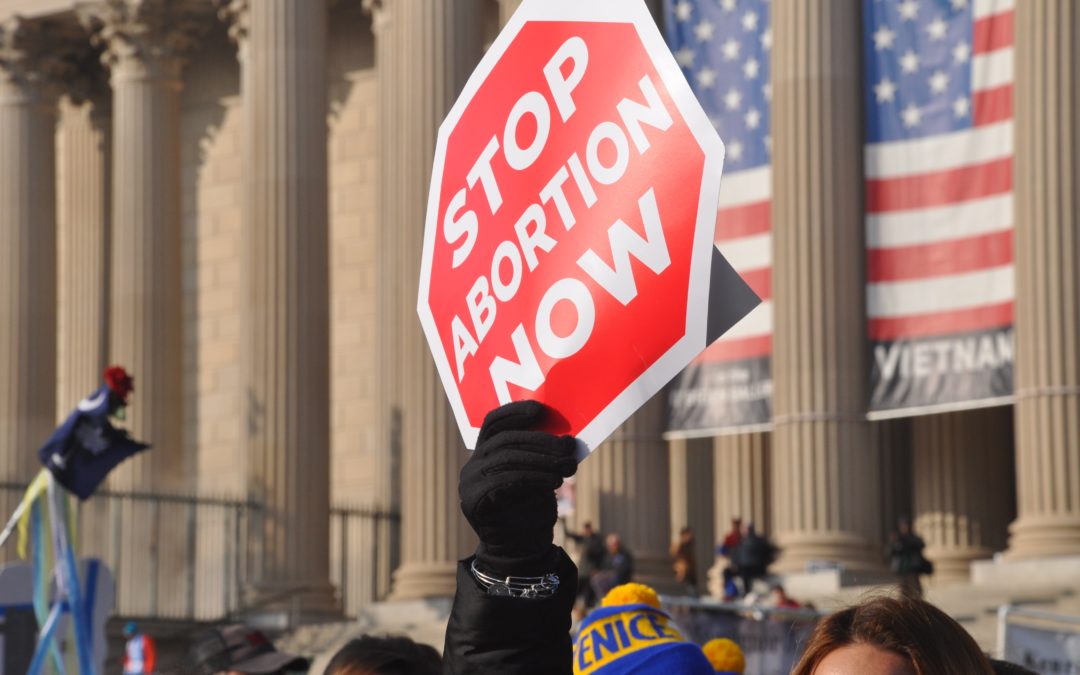
by Jesse Swindell | Dec 3, 2021 | Business News, Latest, Music News |
When we think of iconic fashion brands from decades ago, Puff Daddy’s Sean John is one that immediately comes to mind. Launched in 1998, Sean John became a success at the time and dominated the fashion world for over a decade. Sean John’s clothing symbolizes greatness and strength inside the black community.
Puf Diddy, also known as P. Diddy, wants to get Sean John back up and running with a proposal for $3.3 million worth in assets. Bloomberg is reporting that Puff Daddy is aiming to revive the iconic brand.
A Deeper Look Into Puff Daddy’s Sean John Reclamation
Puff Daddy is trying to reclaim his clothing empire, Sean John. A bankruptcy filing was made by GBG USA Inc., which bought the company last year. The Hip-Hop legend wants to repurchase the company from GBG USA Inc. Sean John was sold by Diddy to BBG in November 2016.
Court papers obtained by the outlet show that a Diddy-affiliated entity bid on retrieving Sean John at a bankruptcy auction.
In a recent turn of events, Sean John’s ongoing legal battle with Puff Daddy about using his likeness and picture for a clothing line for Missguided, without permission, took a turn when Diddy filed a $25 million lawsuit against Sean John.
Diddy does not wish to imply that Sean John’s right to use the Sean John trademark is in any way questioned, but diddy wishes to point out that Sean John’s decision to leverage a misattributed claim they created and falsely attributed to Mr. Combs is.
Using the name and other aliases of Mr. Combs are being used in order to make it appear that Mr. Combs is the creative force behind the GBG Collection creates a problem and misleads the public.
When will the bidder be announced?
Puff Daddy has put forth a bid on his clothing empire Sean John, but he is not the only potential buyer.
Sean John, founded by Puff Daddy in 1998, has been acquired by GBA INC. The company’s official announcement is scheduled to be released tomorrow morning.
This article was penned by Jonathan P. Wright. Jonathan is a freelance writer for multiple mainstream publications and CVO of RADIOPUSHERS. You can read more of his work by clicking here.

by Voshawn Johnson | Oct 20, 2021 | Latest, Music News |
Hip-Hop Icon Nicki Minaj has avoided paying a $20 million default judgment in a lawsuit that accuses her of harassment.
Nicki Minaj avoids paying a $20 Million Harassment default judgement
On Tuesday, a federal court clerk decided Nicki Minaj wasn’t in default of responding to the suit claiming she harassed the victim of her husband’s attempted rape conviction and even tried bribing her. Plaintiff Jennifer Hough wanted a $20 million judgment against Kenneth Petty and her for allegedly having lied about her claim that he raped her at knifepoint in 1994 and engaging in constant attempts to influence her to back down.
The Background of the Issue
The federal clerk on behalf of the Eastern District of New York denied the request related to Nicki Minaj, stating, as per the court docket, ‘it appears that Minaj filed paperwork last week revealing new legal representation in defense of the lawsuit. However, she did certify that Petty had not responded to the complaint or taken any additional actions in connection with it.
During a sworn statement filed on October 15th, Minaj explained that she assumed she had hired her lawyer when she spoke with him on Zoom in late September, however, a series of confusing communications caused her retainer to not be raised.
The lawsuit Kenneth Petty filed against the State of New York is based on his claim that he was not properly informed in 2004 that he had the right to challenge his risk level under the Sex Offender Registration Act. Due to his first-degree manslaughter conviction, which involved the killing of a man on a Queens street, he was in prison.
This article was penned by Jonathan P. Wright. Jonathan is a freelance writer for multiple mainstream publications and CVO of RADIOPUSHERS. You can read more of his work by clicking here.

by Laghe Andrews | Sep 8, 2021 | Latest, Social Justice |
As of Wednesday morning (Sept. 1), Texas has become one of the strictest abortion states in the country by banning abortion at six weeks. Abortion providers who requested a blocking of the ban failed to obtain any relief from the Supreme Court and federal appeals court.
In Texas, women will be prohibited from getting abortions when a fetal heartbeat can be detected, which is around six weeks after conception and before many women realize they are pregnant. Although the law does allow exemptions in case of “medical emergencies,” it does not allow exceptions for rape or incest.
As part of the ban, private citizens can sue abortion providers and anyone who assists a woman in getting an abortion. A woman might receive help from a neighbor, someone who provides financial assistance, or someone from the local clergy who helps the patient. NPR reports that citizens who bring civil suits needn’t be connected to the person they’re suing in order to receive an award of at least $10,000.
A website called “whistleblower” has been launched by the anti-abortion organization Texas Right to Life for people to report illegal abortions anonymously.
John Seago of Texas Right to Life told NPR that the lawsuits are not against the women. “We would be suing the abortion industry and those making money off of abortions. Therefore, this is not spying on your neighbor.”
Abortion providers and reproductive rights groups argue that the law creates a bounty on abortion providers.
In Texas, a Whole Women’s Health clinic tweeted on Tuesday night (Aug. 31), two hours before the ban went into effect, that it still provided abortions and had “staff and doctors providing abortions and that the waiting rooms were filled.
On Wednesday, after the ban went into effect, the ACLU tweeted that abortion has just been restricted for millions of women, the long-term impact will be devastating.
In a related matter, justices are poised to rule on whether a Mississippi law prohibiting abortions at 15 weeks is constitutional. Advocates for abortion rights have pointed out that both Mississippi’s and Texas’ laws directly conflict with Roe v. Wade, the 1973 landmark decision that legalized abortion nationwide.
This article was penned by Jonathan P. Wright. Jonathan is a freelance writer for multiple mainstream publications and CVO of RADIOPUSHERS. You can read more of his work by clicking here.

by Laghe Andrews | Sep 7, 2021 | Latest, Social Justice |
A giant statue of Confederate Gen. Robert E. Lee has remained on Monument Avenue in Richmond for more than a century. But the Supreme Court ruled on Thursday (Sept. 2) that the statue can be removed. The matter came before the court after residents of Virginia filed two suits to prevent the statue from being removed, which Gov. Ralph Northam said he would do last year.
5 residents owning property nearby the statue claim Northam has an obligation to protect and maintain the statue, as a result of a joint declaration of the Virginia General Assembly in 1889. The descendant, William Gregory, stated in his lawsuit that the state of Virginia had committed to protecting the statue faithfully and affectionately back when it was accepted.
In contrast, the court explained that the “restrictive covenants” in the 1887 and 1890 deeds do not apply anymore.
“Such covenants are unenforceable because they are contrary to public policy and because the effect they have is to force the Commonwealth to continue to express messages it no longer agrees with,” the justices wrote.
Mark Herring, Virginia’s attorney general, said that a small group of residents cannot force the state to maintain an ancient monument that does not reflect its values.
Last June, ten days after George Floyd’s murder, Northam announced his decision to remove the statue. In Richmond, the Confederacy’s capital during most of the Civil War, the statue became a focal point of racial inequality protests.
A plan for the removal of the monument is reportedly being worked on, but it was not revealed how quickly it would be removed.
This article was penned by Jonathan P. Wright. Jonathan is a freelance writer for multiple mainstream publications and CVO of RADIOPUSHERS. You can read more of his work by clicking here.

by Jonathan P-Wright | Jun 19, 2021 | Business News, Latest, Music News |
Due to the ‘Reasonable Doubt’ NFT, Roc-A-Fella sued Dame Dash.
There may be disappointment among Roc-a-Fella Records fans who hoped for a proper reunion.
An ex-label of hip hop mogul Damon Dash has filed a lawsuit against him.
With DASH, a non-fungible token (NFT), JAY Reasonable Doubt’s album was offered for sale. According to the outlet, Alex Spiro, Hov’s attorney, filed the lawsuit Friday (June 18) in the Southern District Court of New York.
As detailed in the documents, Spiro asserts, “Dame Dash planned on selling … the copyright to JAY-Z’s Reasonable Doubt, one of the greatest recordings ever made. Dash is frantically looking for another venue through which to sell these items… Currently, Dash is stealing a valuable resource and must be held accountable for doing so.”
In addition, Dame Dash is accused of converting a corporate asset and breaching his fiduciary duty by attempting to sell it. He should be held accountable for his stealthy conduct by the courts.
As mentioned above, Dame Dash owns and operates his own streaming service, titled Dame Dash Studios. Reasonable Doubt was supposed to be auctioned on the NFT marketplace SuperFarm, but the NFT listing was canceled after Spiro contacted SuperFarm.
Taking this to a new level, the NFT finally grants the winner the right to sell the song in future. The minted NFT is proof that the album was sold, transferring the copyright to the winner.”
He does not own any rights to Roc-A-Fella, so he cannot sell the rights to Reasonable Doubt, despite being a 33% stakeholder in the company.
It is possible fans may be disappointed by the news of a Roc-A-Fella Records reunion. They have not yet addressed the matter publicly.
This article was penned by Jonathan P. Wright. Jonathan is a freelance writer for multiple mainstream publications and CVO of RADIOPUSHERS. You can read more of his work by clicking here.








RECENT COMMENTS